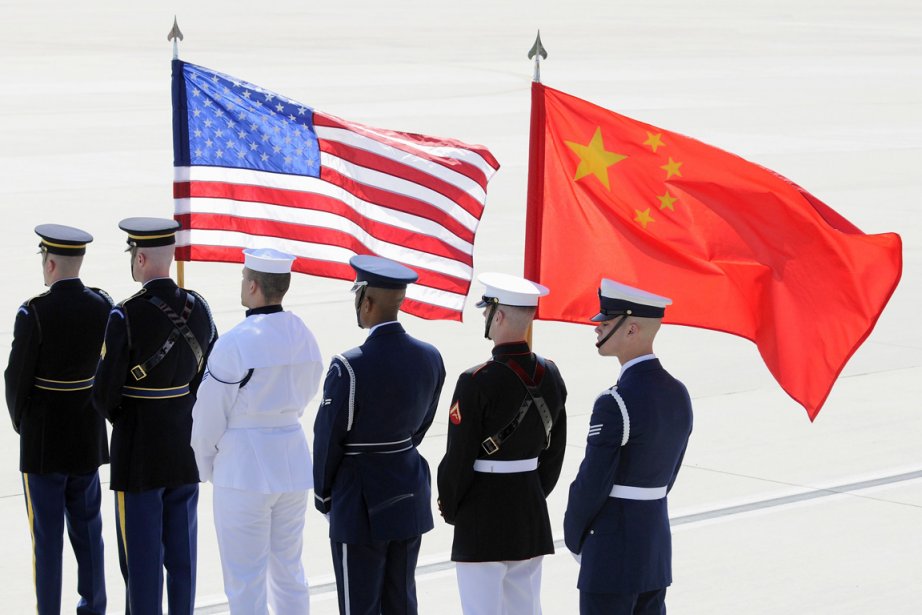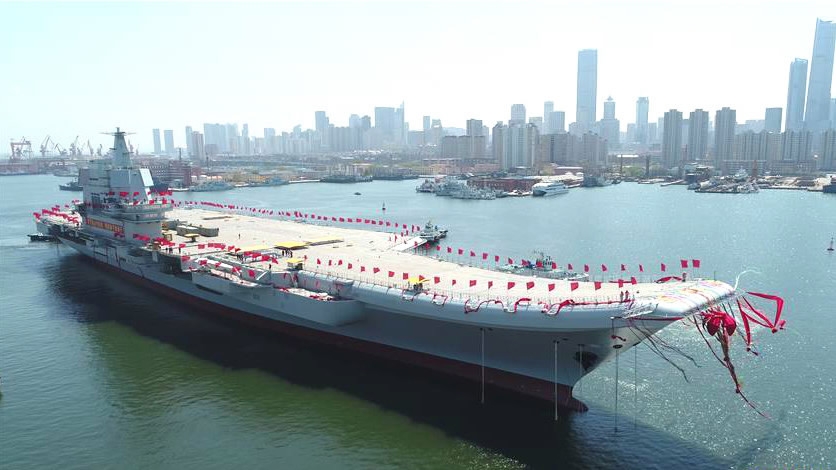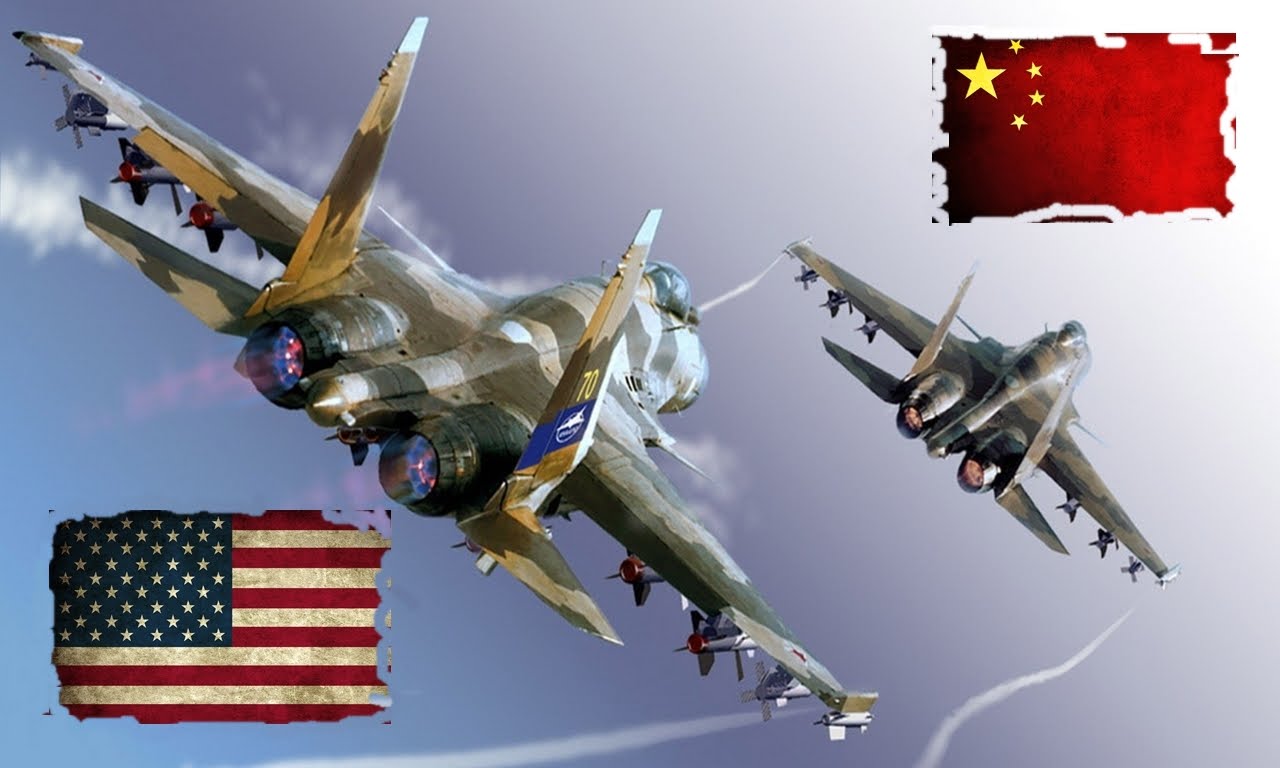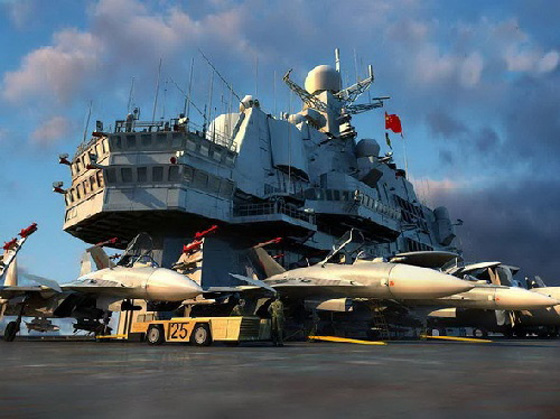Aug 18, 2017
Chinese President Xi Jinping on Thursday said he expects military relations would become a major stabilizing factor in Sino-U.S. ties.

Tao Wenzhao, Honorary Member of the Chinese Academy of Social Sciences; Fellow, CASS Institute of American Studies
Jun 28, 2017
The future of China-US relations will to a large extent be determined by the intentions of the two countries and their views of each other. For quite some time, the US side has complained about China’s ‘lack of transparency in strategic intentions’. But as some American scholars argue, if you regard the other party as an enemy, hostility may well become a ‘self-fulfilling prophecy’.

Zhou Bo, Senior Fellow, Center for International Security and Strategy, Tsinghua University
May 26, 2017
Maritime trade accounts for 90% of world trade, therefore international “choke points” like the Strait of Malacca are critically important for China, the largest trading nation in the world. The PLA Navy harbors no ambitions to control these straits, but it doesn’t want the straits to be controlled by others, either. The psychological effect of a Chinese carrier offshore would help “to subdue the enemy without using force”.
Zhang Tuosheng, Principal Researcher at Grandview Institution, and Academic Committee Member of Center for International Security and Strategy at Tsinghua University
Apr 19, 2017
China-US military relations have reached another crossroads with Donald Trump as the new US president. Whether the two sides tend to have more competition and friction or more dialogue and cooperation will shape the two countries’ overall relationship in a major way.
Steven Stashwick , Independent writer and researcher
Apr 13, 2017
An influential Washington think tank, the Center for Strategic and Budgetary Assessments (CSBA), released a new report, Restoring American Seapower – A Ne

Franz-Stefan Gady, Associate Editor, Diplomat
Mar 03, 2017
The People’s Liberation Army could become more powerful than the U.S. military. But not for the reasons you might think.
Ma Shikun, Senior Journalist, the People’s Daily
Mar 17, 2017
The nation’s military spending is lower than the world’s average, and far below the US defense budget. China has no appetite for external expansion for an arms race, but for the sake of its own safety, it should properly increase the spending on defense as the national economy grows.

Richard Weitz, Senior Fellow, Hudson Institute
Mar 15, 2017
Despite China’s economic slowdown, the Chinese government has plans under its "Made in China 2025" program to spend $300 billion by 2025 to become self-sufficient in critical technologies and strategic emerging industries. U.S. unease at the size and opaqueness of China’s large military buildup are well-known. The latest developments will likely lead the Trump administration to continue efforts to reduce Russian defense technology transfers to China, sustain the EU arms embargo on China, and make U.S. weapons and other U.S. exports more competitive in global markets.
Jul 28, 2016
China's Defense Ministry confirmed on Thursday that it was pressing ahead with anti-missile system tests after pictures appeared on state television, amid anger at South Korea's decision to deploy an advanced U.S. anti-missile system.
Jun 03, 2016
China’s navy will send five ships to join a major US-hosted naval drill this summer, even as tension mounts between the world’s two largest economies over the South China Sea.
Back to Top

- China-US Focus builds trust and understanding between the U.S. and China through open dialogue among thought leaders.
- Our Offerings
- Topics
- Videos
- Podcasts
- Columnists
- Research Reports
- Focus Digest
- Stay Connected
-
Thanks for signing up!
- Get the latest stories from China-US Focus weekly.